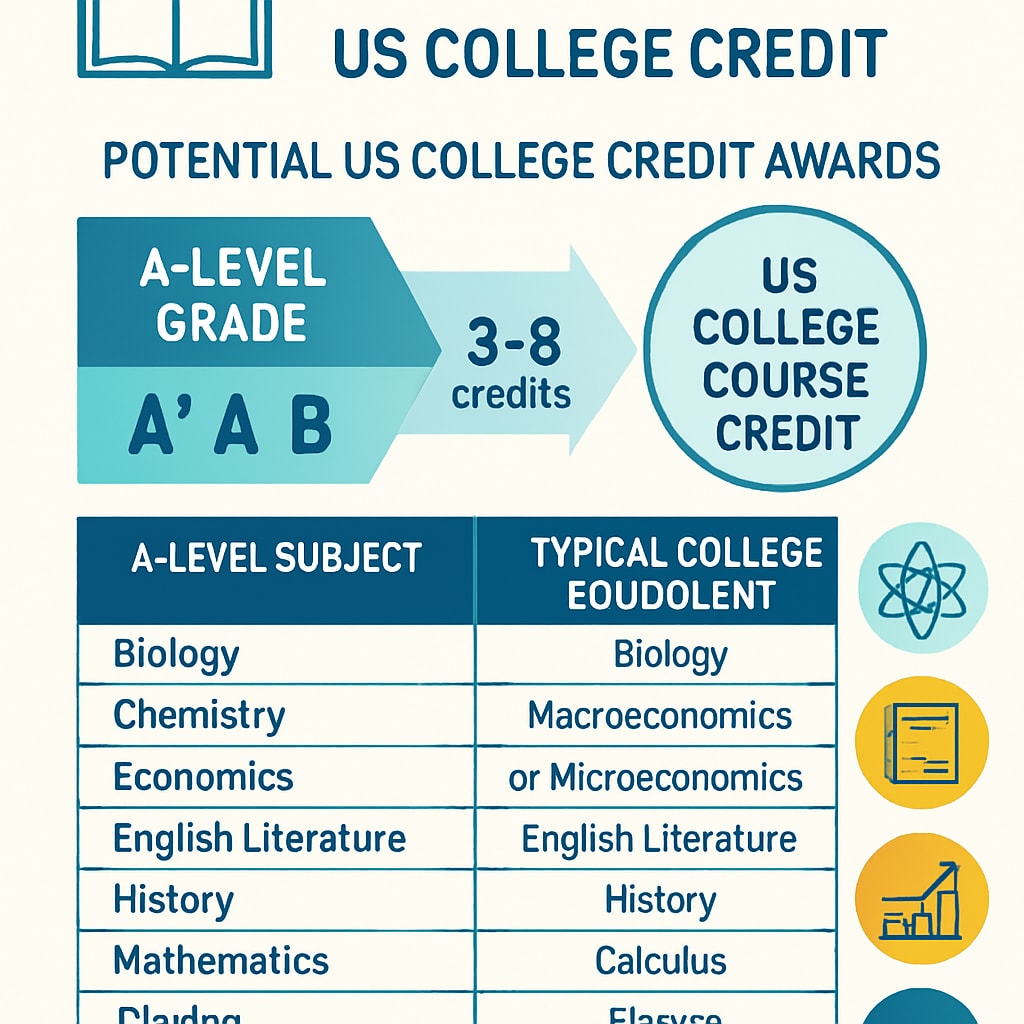For students considering A-levels,美国大学,留学申请, understanding the compatibility between British qualifications and American admissions standards is crucial. A-levels (Advanced Level qualifications) are subject-based exams taken by UK students at age 18, serving as the primary pathway to university education. Many American institutions recognize these rigorous courses as excellent preparation for college-level work.

Academic Recognition of A-levels in the US
Over 850 US universities officially accept A-levels, including all Ivy League schools. According to the International Baccalaureate Organization, A-levels demonstrate comparable academic rigor to Advanced Placement (AP) courses. Key advantages include:
- Depth of subject knowledge (typically 3-4 subjects studied intensively)
- Independent research skills developed through coursework
- Specialization that aligns with many US college majors

Meeting American Admission Requirements
While US colleges value well-rounded applicants, they appreciate the focused expertise A-level students develop. Here’s how to present your qualifications effectively:
- Highlight your strongest subjects (especially those related to your intended major)
- Explain the grading system (A* to E scale) in your application
- Supplement with standardized tests (SAT/ACT) if required
The National Association for College Admission Counseling recommends submitting predicted grades from teachers, as final A-level results often arrive after US admission decisions.
Curriculum Alignment Strategies
To maximize your A-levels’ impact on US applications:
- Choose subjects that match your target college’s distribution requirements
- Consider taking an additional AS-level (Advanced Subsidiary) for breadth
- Document extracurricular activities that demonstrate well-roundedness
Transition tip: Many US colleges offer advanced standing or course credits for strong A-level results, potentially reducing your time to degree completion.


